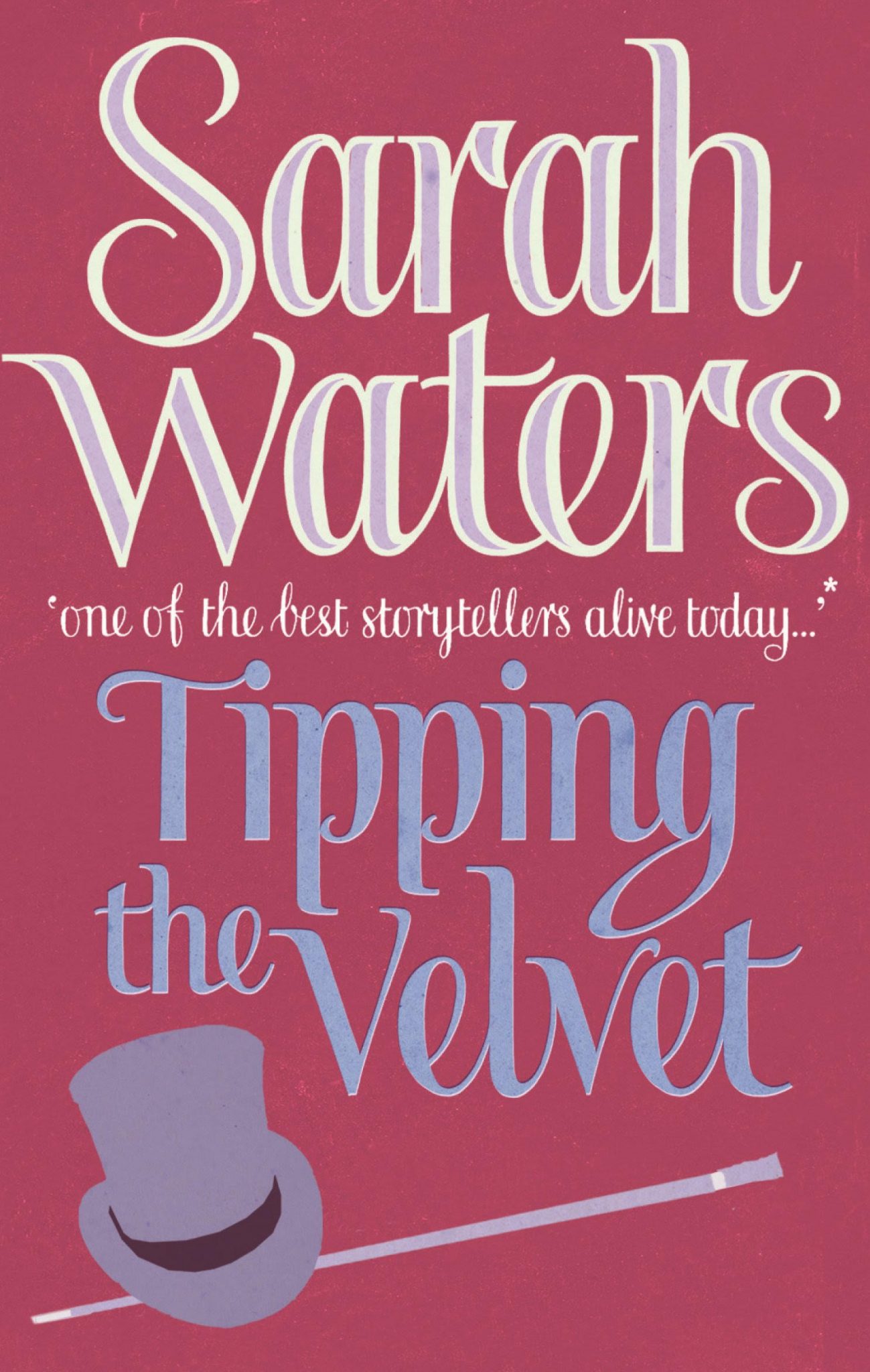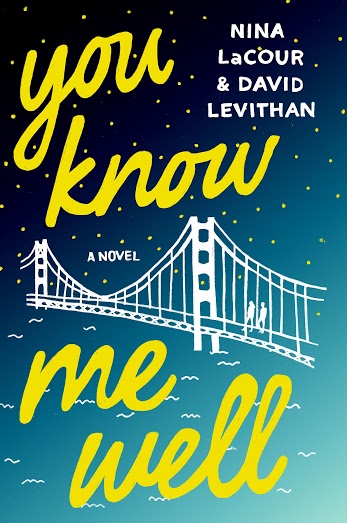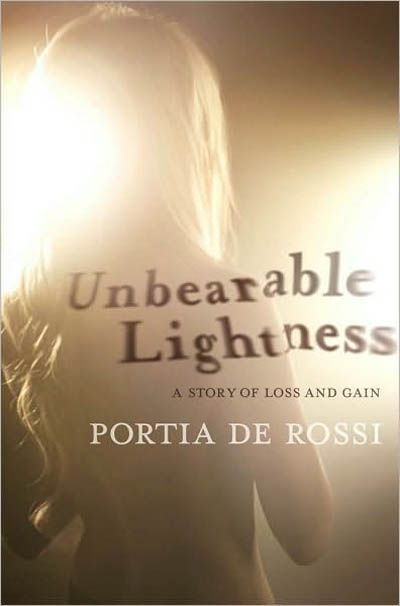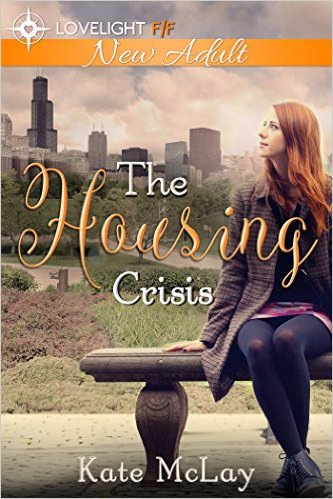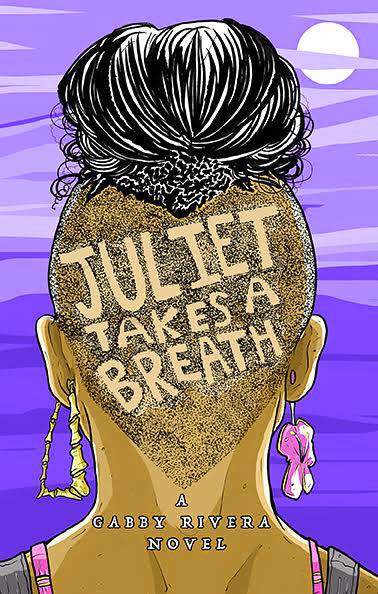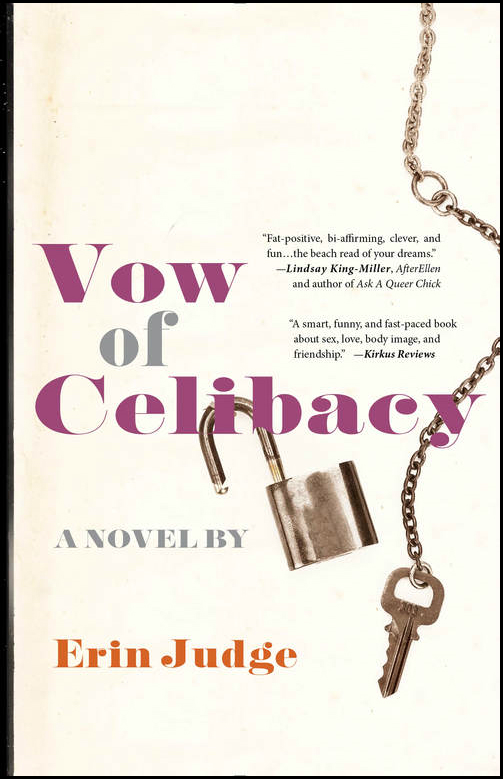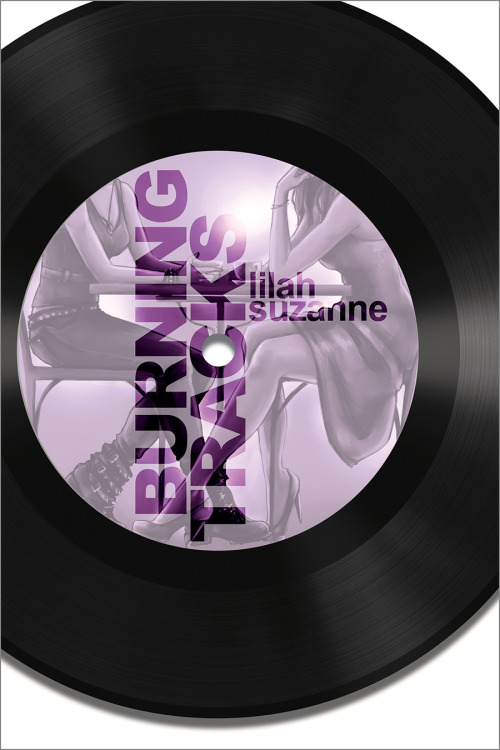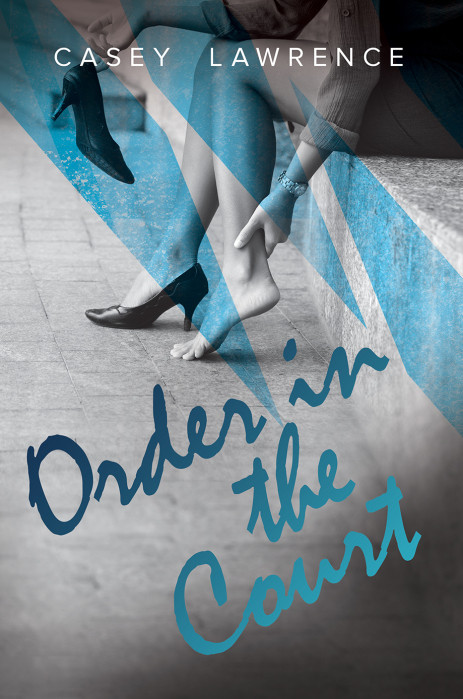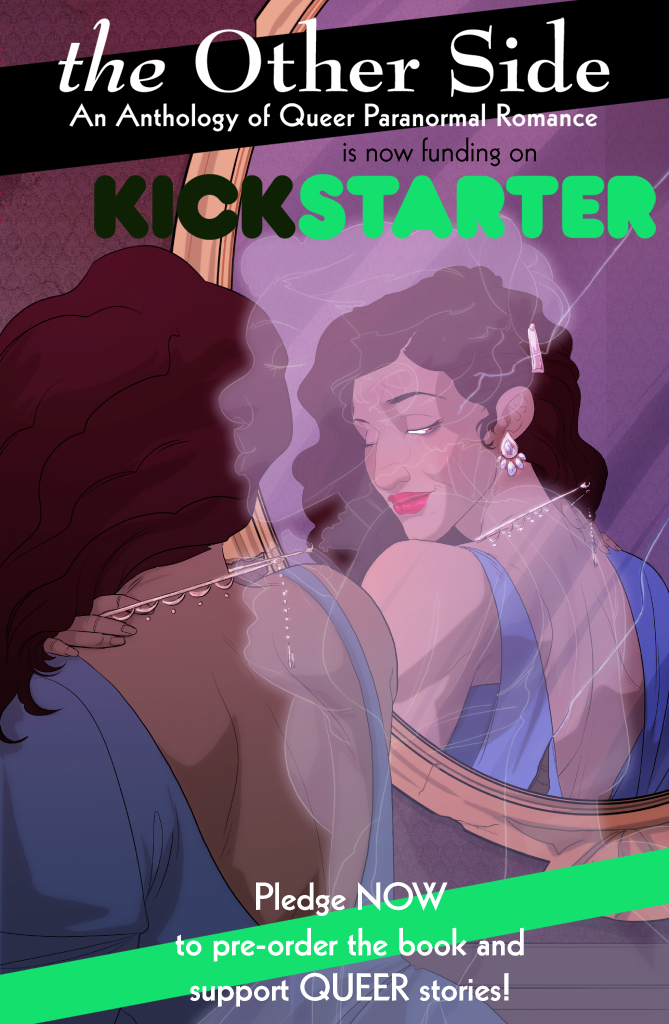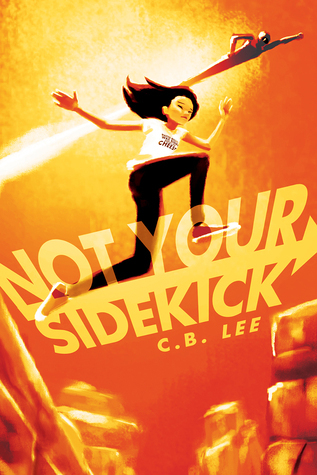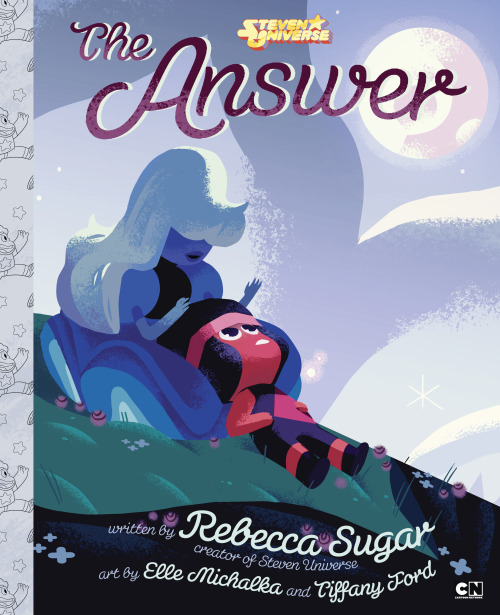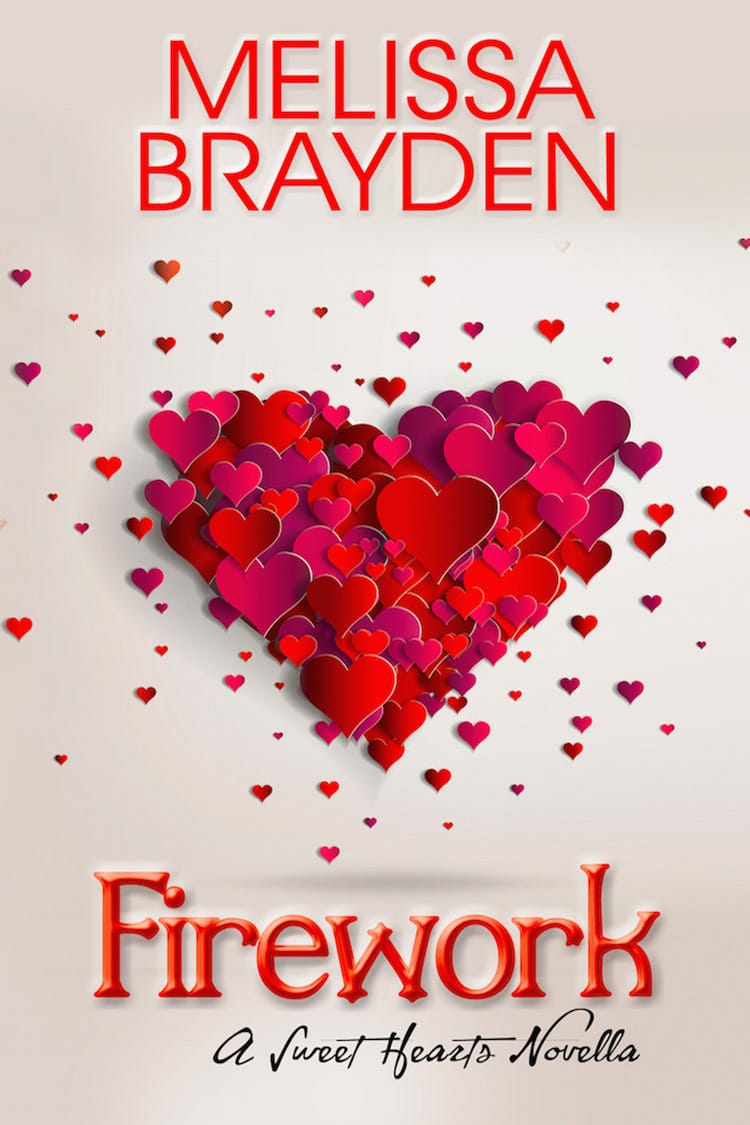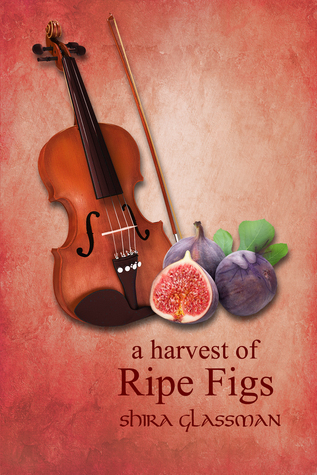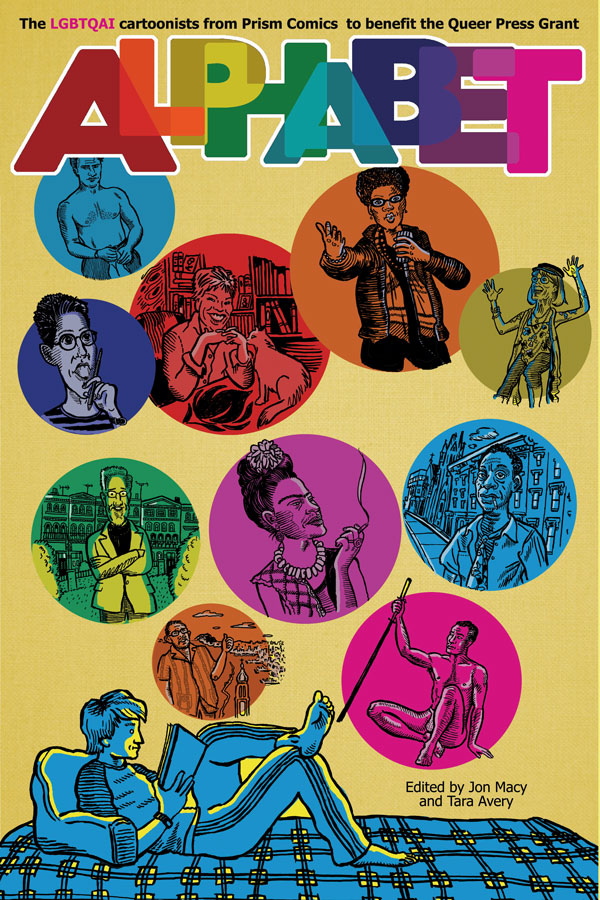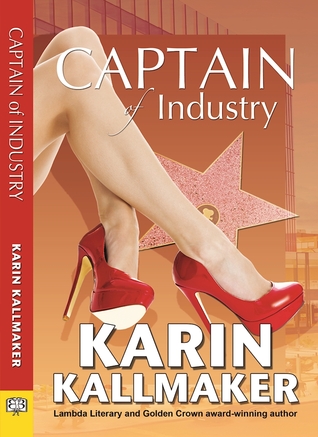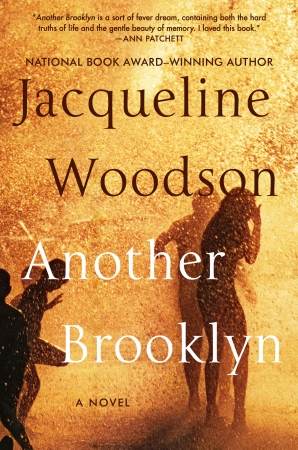When I was just 30 pages in, this is the review I was considering writing for Tipping the Velvet: This book is so sweet I can barely stand it. The end. At this point I had hoped that the entire book would be a drawn out tale of Nancy and Kitty falling in love, staying in love, and laying in bed eating pie without a care in the world. Of course, Sarah Waters tells a much more interesting story.
Spoilers ahead.
Nancy, the protagonist, narrates the story. Born and raised in a small town by the sea called Whitstable, working in the family’s oyster restaurant, she lives a fairly unremarkable life until the day that she sees a male impersonator named Kitty Buttler perform at the local music hall. Nancy finds herself compelled to return to the music hall over and over, night after night, in order to watch Kitty perform. Eventually Nancy and Kitty meet and strike up a close friendship, while Nancy begins the bewildering process of falling in love.
Sarah Waters describes this process with such innocence and tenderness, and so skillfully plays on the reader’s sense of expectation, that I felt myself reacting physically to the words on the page. I clearly felt the pang in my chest, the pull at my stomach, my heart in my throat when Nancy and Kitty finally–finally!–kiss for the first time. From this giddy moment of joy to the eventual wretched heartache, we, along with Nancy, are mired in the whirlpool of doubt and certainty that accompanies the terrible and wonderful descent into the heart of another.
When reading about that heartache, I felt it, too. So, at 134 pages, my review would have been more along the lines of This book is so sad I can barely stand it. Again, Waters artfully details the nuances of emotion that accompany the anguish of heartbreak. That personal hell we’ve each experienced, in which you’re so steeped in despair that it’s all you can do to provide yourself with the necessities of life from one day to the next. I see that torment mirrored in Waters’ words. I can’t do them justice here. You have to read them for yourself.
Although the plot takes wildly unexpected turns, I feel that the characters always stay true to themselves. Nancy is vain, sometimes conniving, and seems to piece together her identity from the expectations of those around her. We do, however, see some flashes of self-actualization. For instance, when looking for new lodgings, Nancy is drawn to an advertisement for a room which reads Respectable Lady Seeks Fe-Male Lodger. She explains, “…there was something very appealing about that Fe-Male. I saw myself in it — in the hyphen.”
Waters’ descriptive ability provides specific information that allows for the reader’s senses to respond to the words on the page. The book opens with Nancy describing Whitstable oysters, and my mouth felt saturated by their description. Waters specializes in the details, creating three dimensional scenes for us to walk around in while we read her words. I didn’t realize that I had finished the book until I read the last sentence. The story was so compelling right to the end that its conclusion, although satisfying, snuck up on me.

